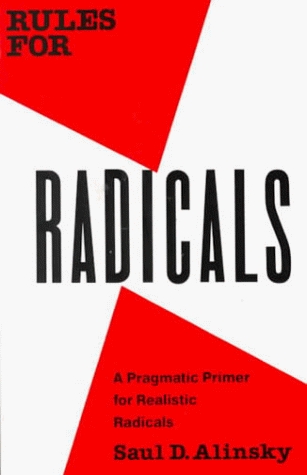Â

One of the few "how-to-manuals" in existence that goes beyond the "raise awareness" academic approach.
 How can we protect ourselves from the illusion that we are being informed about the important events of the day when we faithfully expose ourselves to news messages in the media? The key is to develop higher media literacy with more elaborated knowledge structures and stronger higher oder skills.Â
W. James Potter
“Media Literacy”, 4th Edition (page 187).
Such are the words of a textbook that seeks to inform you of the state of the media in the United States. While I find Mr. Potter’s book incredibly informative and essential in the process of educating yourself about how the media influences our worldviews, I cannot help but feel that the approach the book takes is a bit on the conformist side. But perhaps I’m being a bit too harsh on the author; after all, my frustrations have more to do with a larger trend I see in academic pursuits of the subject rather than with this particular author’s approach with how the book was drafted.
What I mean by all this is that oftentimes you’ll hear about how “raising awareness” about a particular issue is of most pressing concern. I agree that it is extremely important to “raise awareness” on the influence of media and on any other issue for that matter.  Yet, the following question remains: once we raise “awareness” what do we then with it?  I can’t help but feel that raising awareness within myself for my own personal intellectual pursuit and/or benefit is a bit of a rather selfish and narrow-minded view. It almost seems that within the parameters of the topic of “raising media literacy”, there is almost no room for dicussing in a serious, meaningful, and in-depth manner that ways that we (together-not just on my own and for myself), average citizens, can band together to bring about change for the better in the way the media functions and serves our society.  This textbook, Media Literacy, to its credit, dedicates a chapter to the topic of “helping others to increase media literacy” but it does so without even talking about collective grassroot action options. In fact, it barely sort of alludes to it on a one-pager with vague descriptions of how “Often, people start PAC’s” (page 355) and then it just sort of puts off any elaboration on it and just dismissively points to an “Appendix C”-and when you go to that you realize that that is is just a list of various organizations that have something to do with media but never really explains in detail what they do, how they function, or how they could be influenced by the average citizen.Â
Again, I am not faulting the author for coming up short and my apologies to him if I seem a little too demanding. Rather, I think that his approach is merely a reflection of how sometimes academia approaches various subjects: devoid of any sort of collective and/or activist call to action via a concrete how-to manual. I understand that there is a need to give the appearance of neutrality within academic circles but yet I find it very ironic (and even sometimes elitist) that such an approach only helps to reinforce the status quo because collective conformity, silence, or inaction often just breeds the preservation of that very same status quo. Â
I guess I’m just tired of reading about how the world sucks and hardly ever encountering material that goes beyond that initial proclamation. I wish there were more academic materials that instructed me how to change such a world that sucks; the lack thereof is what really frustrates me. For example, in this Media Literacy textbook, there is no mention of how one forms a “PAC” (political action committee), no mention of how one can form a nonprofit watchdog group or of the alreay pre-existing ones that might have had some successes, or case studies/reports of how average people were able to change the status quo.Â
I am aware of a few places where one can “join the fight” and actually contribute towards the change for the better, which I’ve only found out about randomnly here and there. Here are a few places to start with:
Free Press Campaigns:
http://www.freepress.net/media_issues/campaigns
Media Matters for America Action Center:
http://mediamatters.org/action_center/Â
Maybe one day we’ll have a “Rules for Media Literacy Activists” manual like the one that Saul Alinsky wrote for community organizing almost 40 years ago. Until then, I can only hope that at least some people will continue to step up and make the jump from the raising awareness stage to the grassroots activist stage in the ongoing battle against the negative forces of media on our society.Â